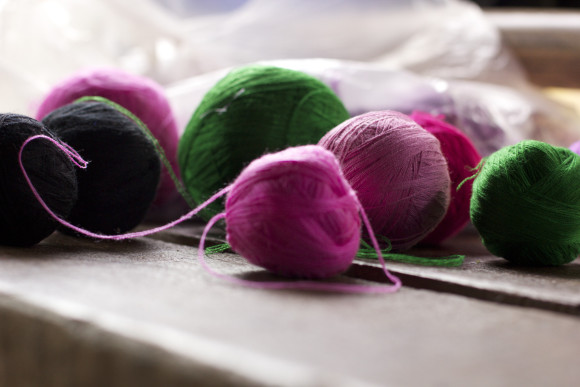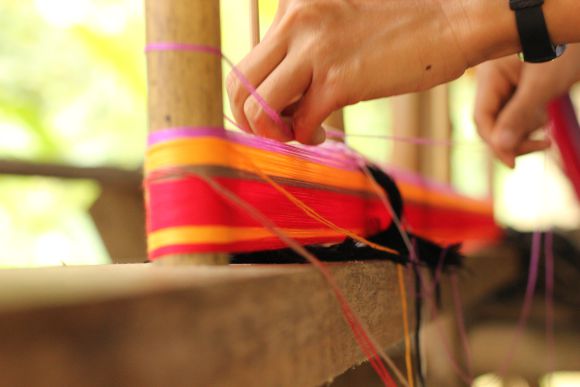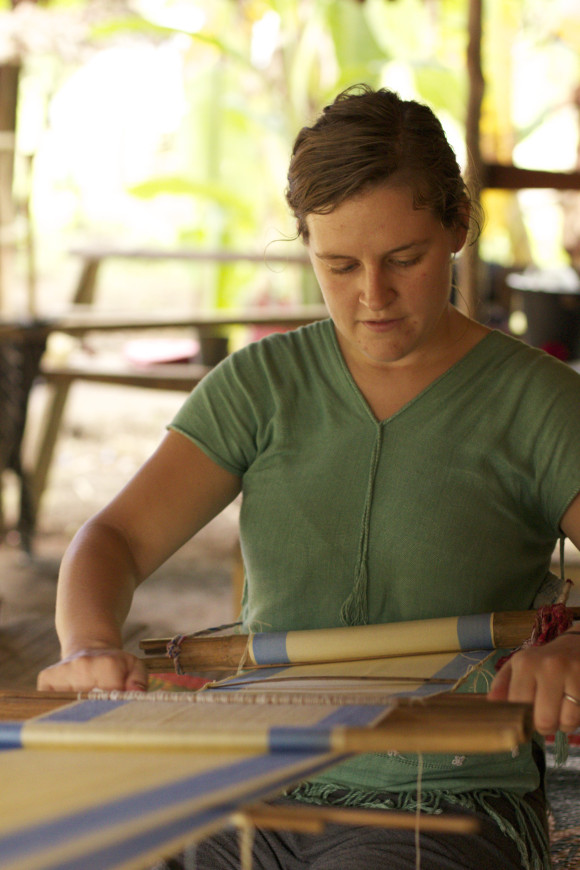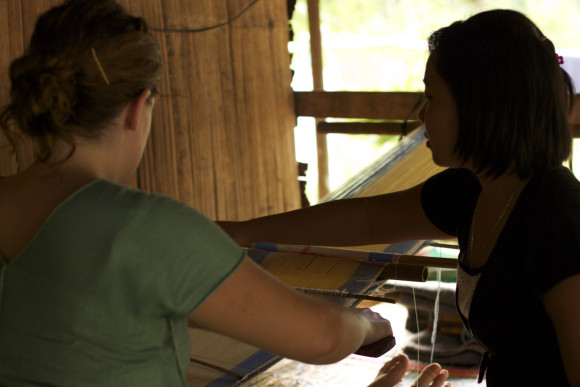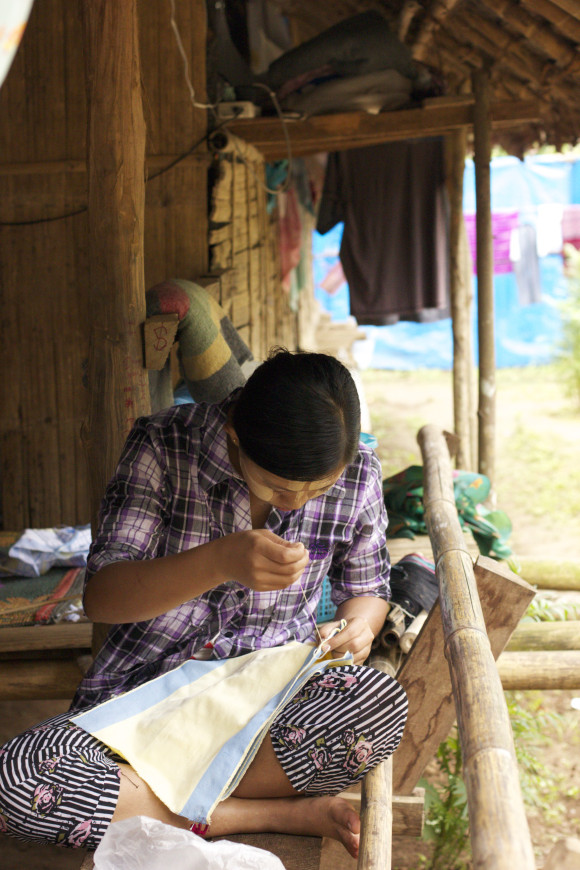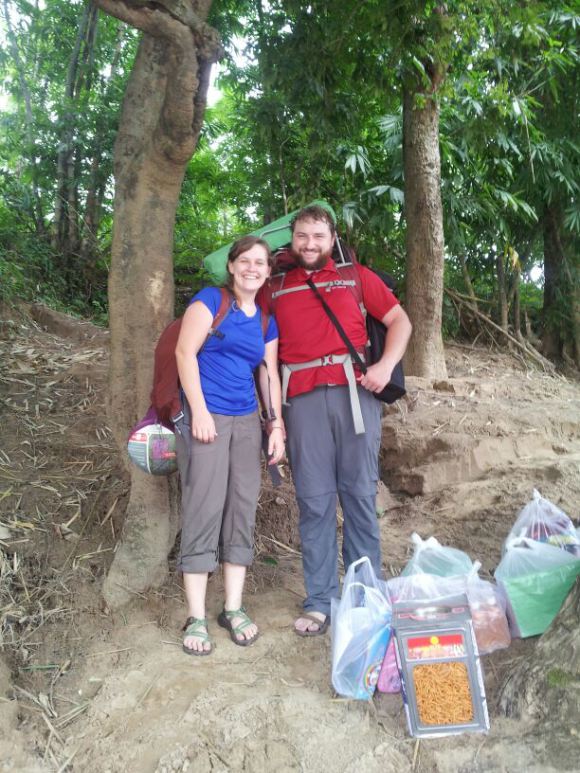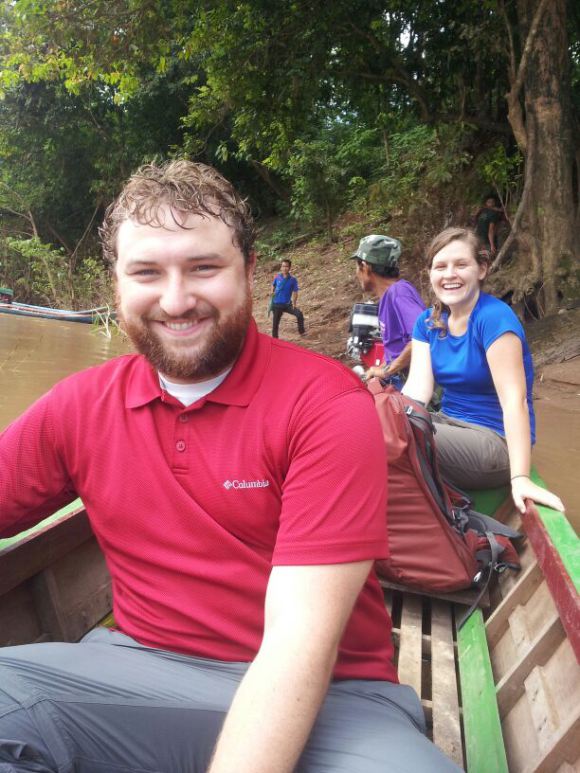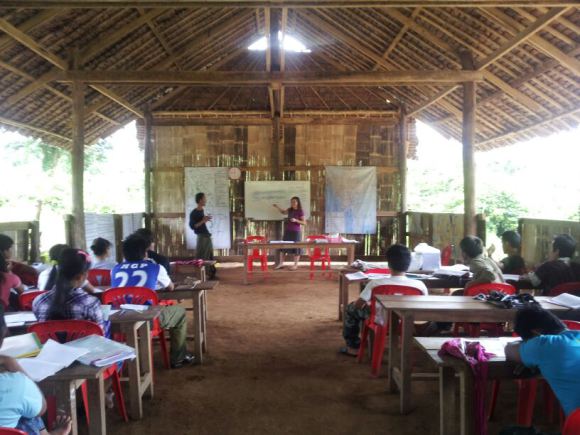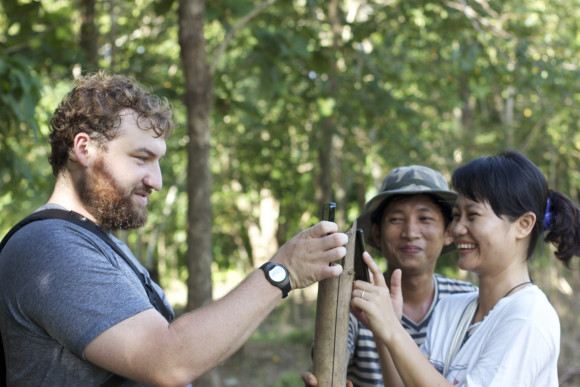Every once in awhile I write a really complicated post; one I have contemplated and prayed about and wondered how it will be heard and who I will unintentionally offend. I hit publish and then worry about them for days.
This is one of those, and again, you’ve been warned.
——————————
It was Tuesday morning, and we were discussing economic development and how important it is to democracy. If a family does not have food to eat today, it is difficult to care about what their government might be like in the future. It is difficult to care about voting or even having a political opinion.
Because of this, and likely other reasons, a country has yet to become democratic if their per capita income is not over $2,500.
Burma is currently at $1,817 gross national income per capita.
So how can the students help economic development?
This is the point of our studies: how can they participate? How can they take responsibility for development?
We talked about producing more. They are always keen to produce more, as if its magic or something. I suggested they try to consume less, and we made jokes about them giving up smoking or chewing betel nut, which are common habits about this group and very expensive. How much would they save if they gave each of these up? We discussed the numbers.
They seemed skeptical, and I decided to give them an example.
I told them how in America we all used to all drink coffee at home. Then slowly, coffee shops started to appear and serve us delicious coffee in a whole new way: new flavors, new foams, new styles. It was delicious, and we started to go there for special treats and meetings. And then companies like Starbucks–which they hadn’t heard of, I might add–began to grow and grow. People began to get these special coffee drinks more and more; until suddenly we were stopping to get them every day before work or school. There was a coffee shop on every campus and every corner. Over time, we realized we were drinking these fancy coffees all the time. It was a little money here, and a little money there, but it was adding up.
A few years ago, I told them, the churches and non-profits and other groups, started challenging people to stop buying coffee at the fancy coffee shops. They started asking us to see how much money we were spending on coffee: if we spent $5 a day on coffee in the shops, then over a year we were spending $1,825 on coffee each year. What if we gave that money to poorer countries? It could make a difference.
——————————
It was somewhere in the middle of my own example that I looked at the numbers. I realized that one person’s coffee over a year is an entire per capita income of a household in Burma–right now, after two years of incredible economic growth.
And my immediate thought was this: we just aren’t doing enough.
For that split second, I wanted to shout it from the rooftops throughout my country. Guys, we just aren’t doing enough!
There are people hungry. There are people sick. There are countries on the verge of peace, and our coffee and shoes and handbags and cars and houses and televisions could help these things.
We could help provide food. We could probably even end hunger.
We could help provide clean water. We could probably even end death by curable diseases.
We could provide toilets. We could build schools and clinics and churches.
We could help bring peace.
————————-
And then I just wanted to cry. And throw up, all while I sat in front of my class trying to finish my example and inspire them to make small changes in their lives.
I am a part of that, too, that not doing enough.
And I know there are things we don’t say–and this is one of them. We don’t say that we have too much, that we aren’t doing enough, and that we should do more.
But what if it just might be true?
What if we are blatantly missing Scripture? What if we are not loving the orphans and the widows and the poor? What if we are not being peacemakers? What if we are not being merciful? What if we are not doing justly?
Because while we just don’t say certain things, in that moment of giving an example about coffee, it just seemed so obvious. For a moment it wasn’t something to be considered or evaluated; it wasn’t up for opinion or debate on if it should be said or how. It just seemed clear: we just aren’t doing enough, because we are called to something more.
And to be honest, I didn’t feel guilty about us not doing enough and that I/we should be doing more, but that I/we could. I felt full of hope–that we could do more, that we could be peacemakers! That we could be merciful! That we had the resources to be the church to so many!
I went back and forth on how to write this and if I should even write this. I don’t mean to insult Starbucks or coffee drinkers. I don’t mean to criticize you or your choices; more, I intend to critique mine. And honestly, I don’t even know what to change or how it change it. I don’t know what that means for my life or my future or what choices I make.
Perhaps it’s a simple change in wording. I tend to ask myself what I am doing, perhaps I should be asking what I could be doing or what I’m not doing. Perhaps asking what I am doing promotes justification and excuses, but asking what I’m not doing brings difficult challenges and truths to the table.
I don’t know, friends.
I do know I probably won’t forget that moment for some time, hopefully for the rest of my life. I pray I’ll remember the feeling in my stomach and the clarity with which I knew I could do more and that every little decision does make a difference in the lives of people and in the Kingdom.
